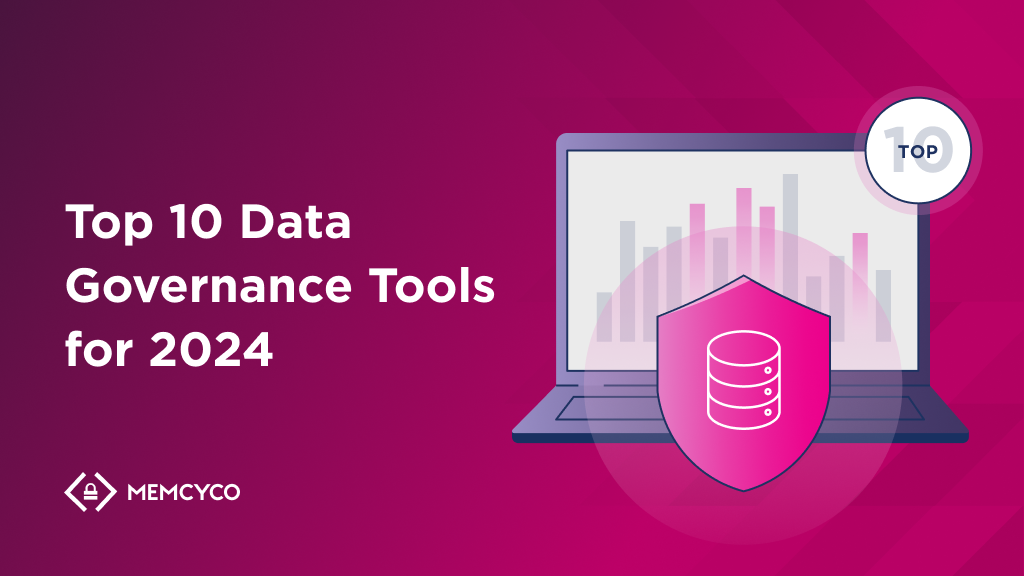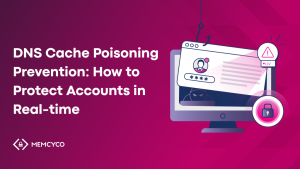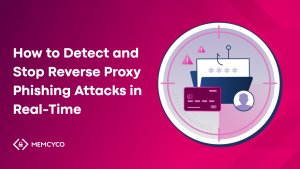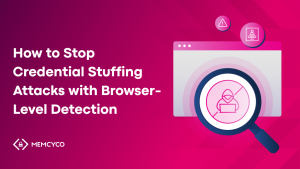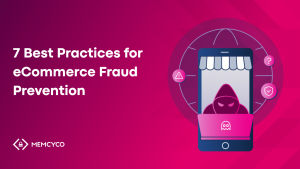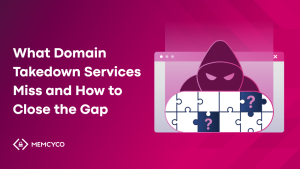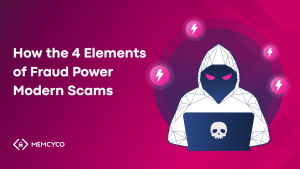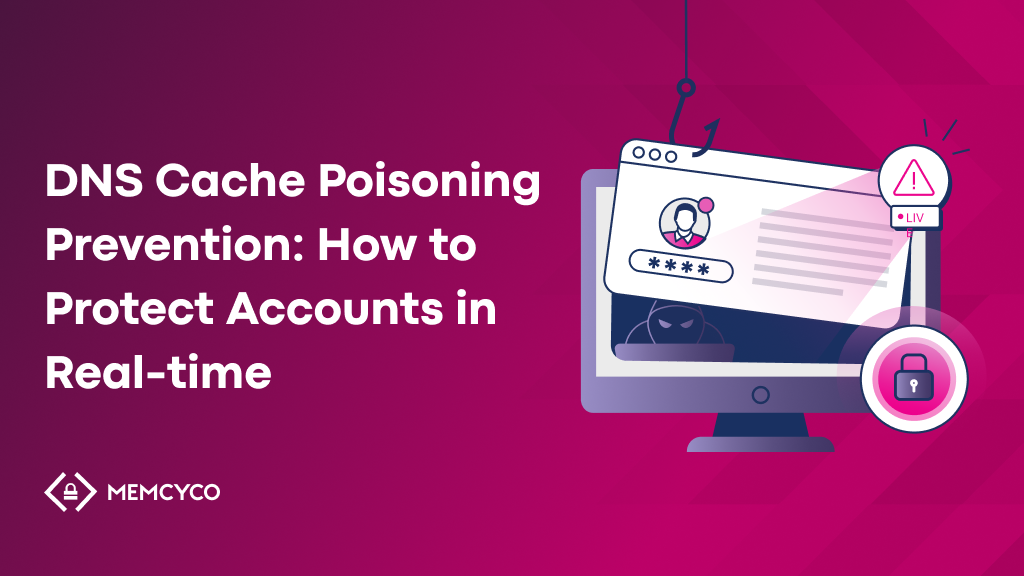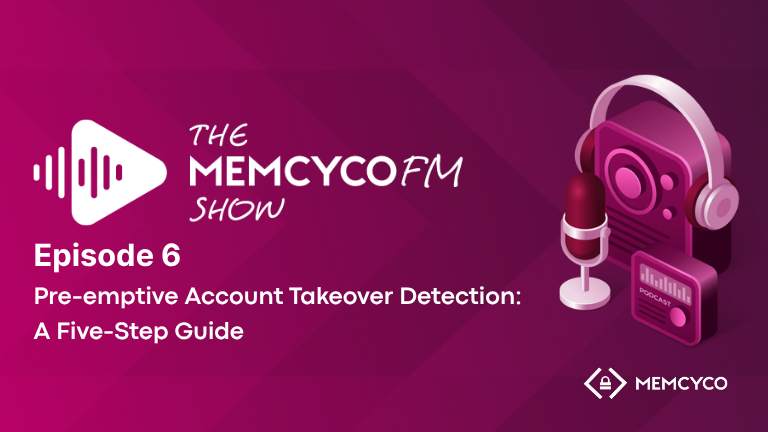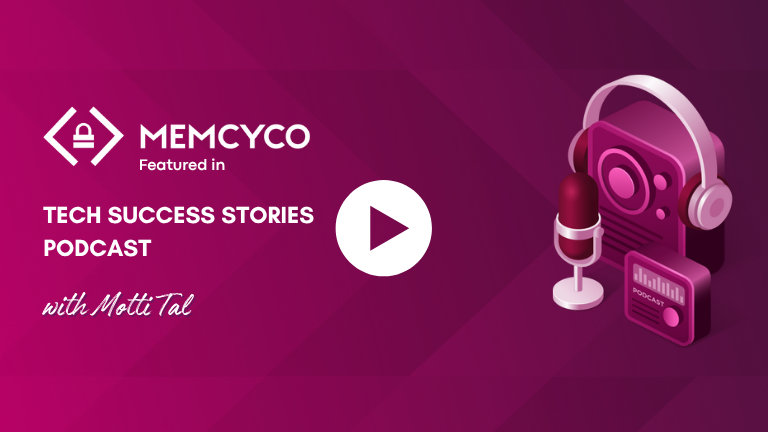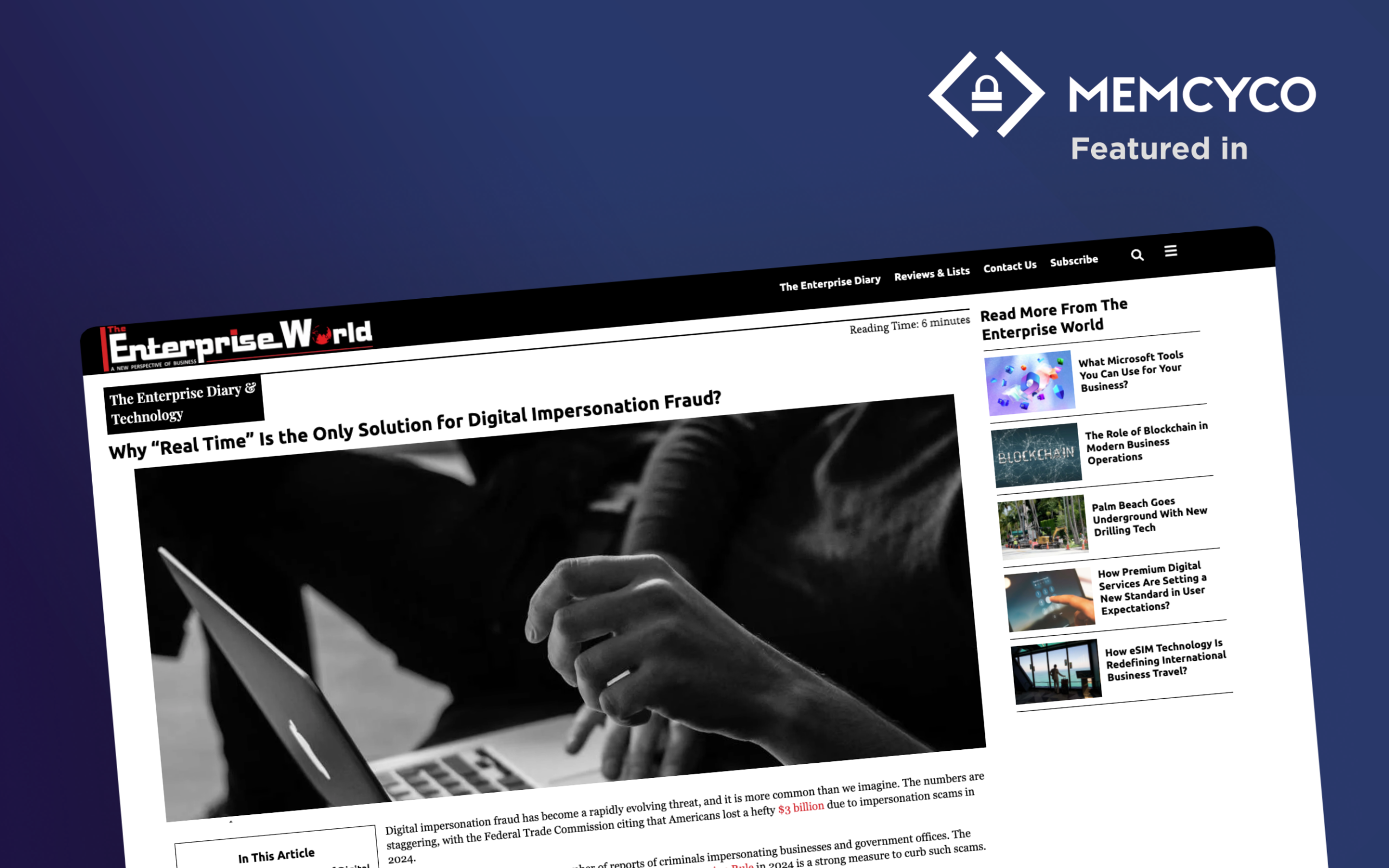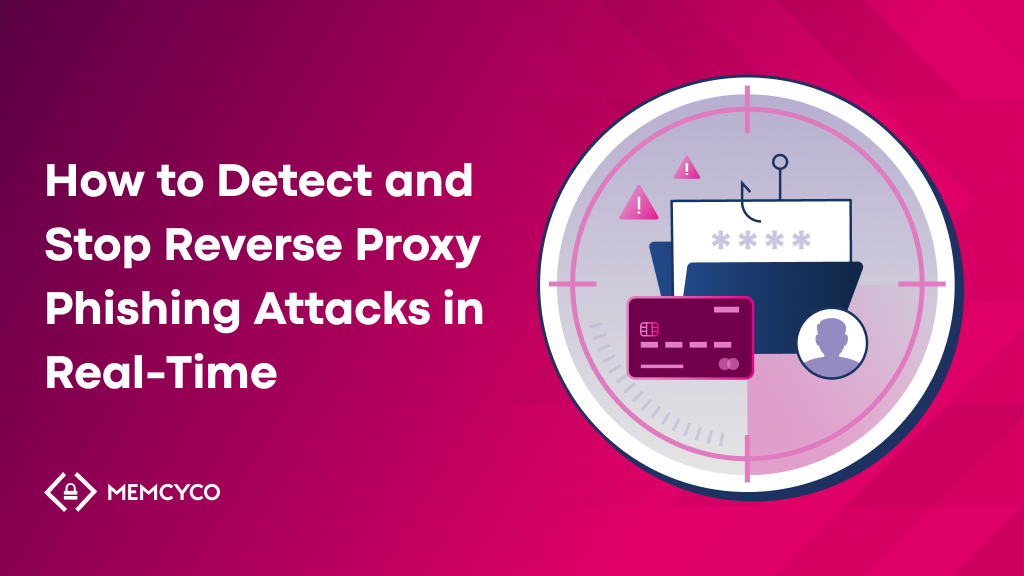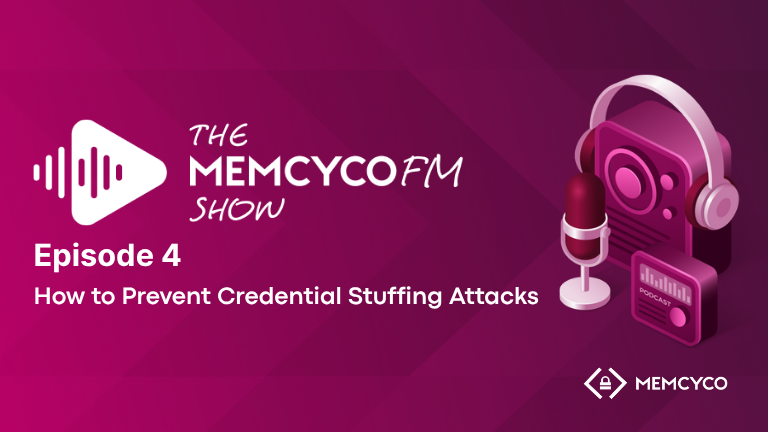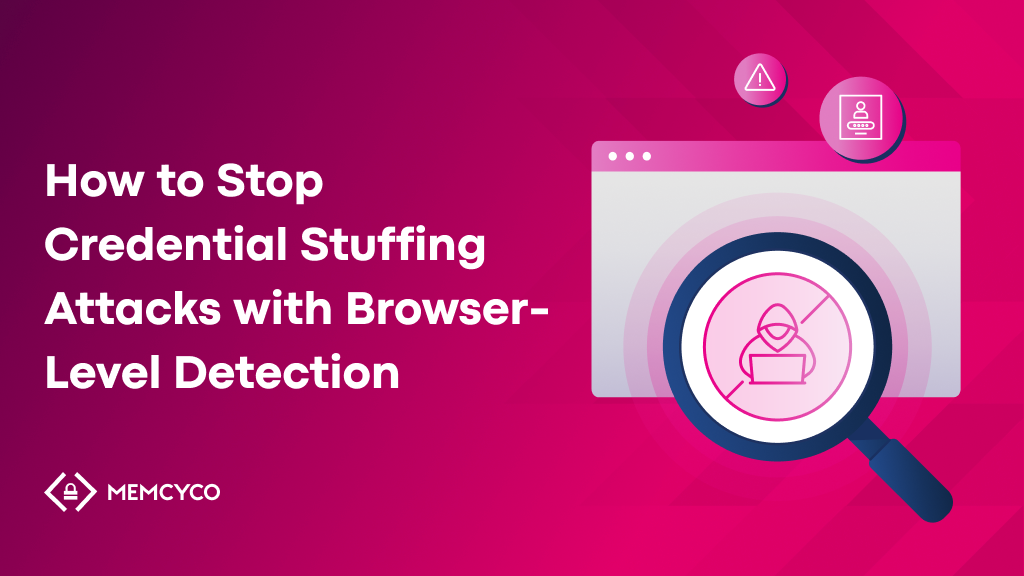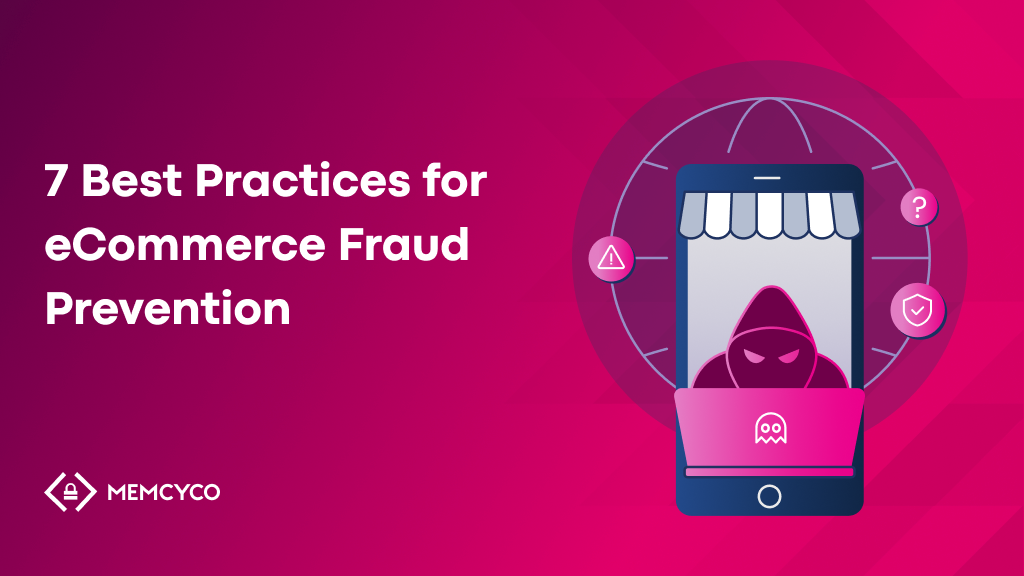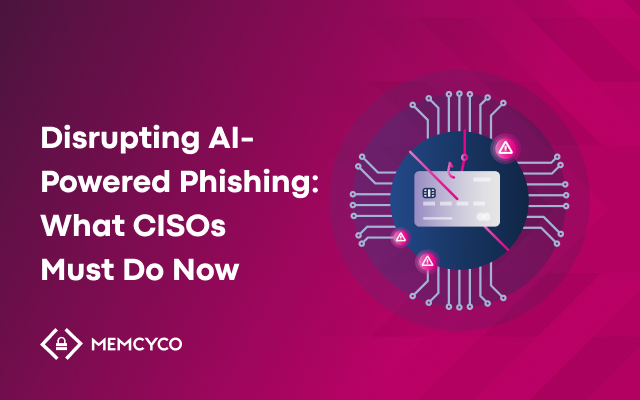A single misstep in managing sensitive data can lead to a data breach causing significant financial losses and severe damage to a company’s reputation. These breaches often expose sensitive customer and corporate data, underscoring the need for robust cybersecurity measures. Unfortunately, many organizations have an inadequate approach to data governance.
A 2021 survey by Drexel University’s LeBow Center for Business Analytics revealed that 64% of organizations have established data governance programs, but a surprising gap exists in their implementation: only 43% of them have deployed software specifically designed for data governance. This means that 21% of these organizations are attempting to manage their data governance efforts without tools that could enhance their effectiveness and security.
This lack of data governance tools complicates compliance with cybersecurity regulations, arguably hampering their ability to secure and optimize data management. By investing in the right tools, organizations can transform their raw data into a powerful strategic asset that drives innovation and fortifies their defenses against cybersecurity threats. To bridge that gap, let’s explore the top ten data governance tools for 2024.
What are data governance tools?
Data governance (DG) involves strategically managing your data’s availability, usability, integrity, and security within your enterprise systems. It’s a dynamic process driven by your internal data standards and policies that shape how data flows and functions across your organization. The data governance process includes ongoing monitoring and adjustment to reflect changing regulations, technology, and business objectives. It isn’t just about the implementation of policies, but also about continuous improvement and adaptation.
Data governance tools are specialized software solutions that oversee, manage, and safeguard an organization’s data. These tools support the implementation and enforcement of data governance policies and oversee the entire data lifecycle, from its inception to its eventual archiving or deletion.
Consider data governance tools as Swiss Army knives for your data. They ensure accuracy, security, and efficiency, making your data a reliable asset for better decision-making. Through these tools, businesses can ensure that their data assets are handled correctly and that data security is in place across all stages of the operational lifecycle.
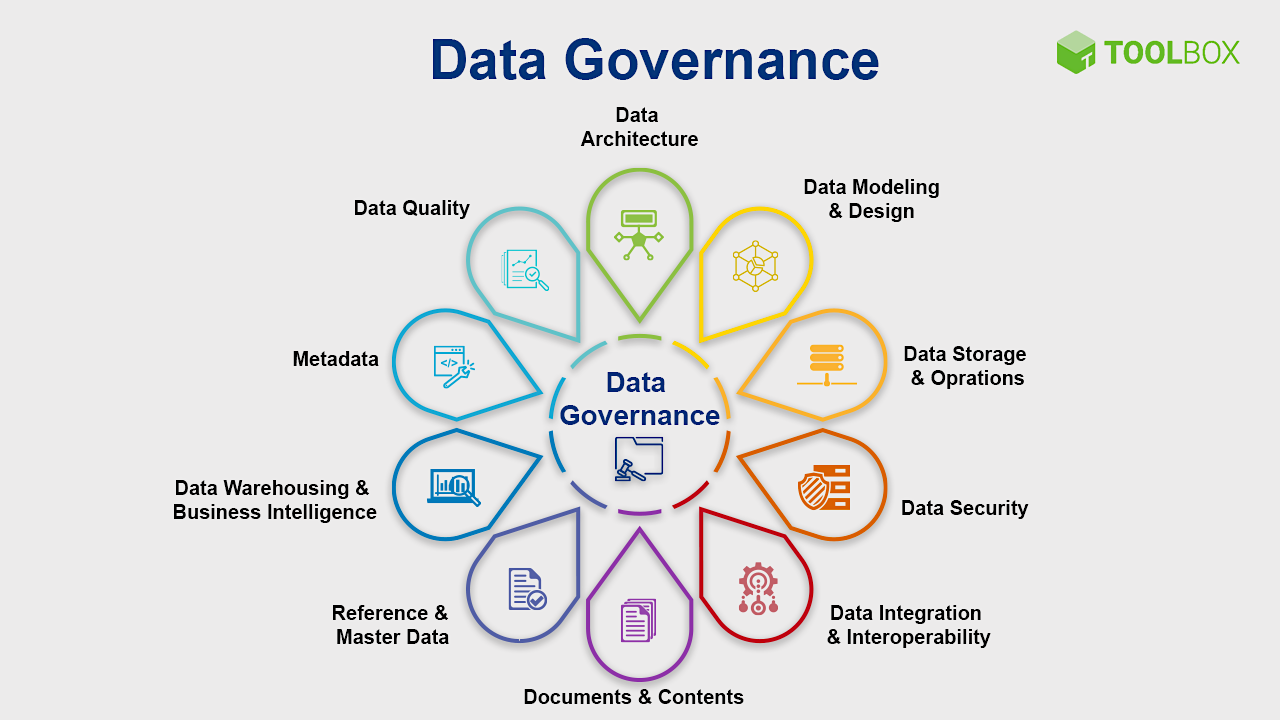
Types of Data Governance Tools
While data governance tools often have overlapping features and don’t fall into neatly defined categories, most are designed to specialize in specific areas of data governance.
- Data Quality Management Tools help maintain high-quality data that is consistent and accurate so that it can be relied upon for decision-making. The tools validate data formats, check for duplicates, and enforce rules to prevent data entry errors.
- Data Security and Privacy Tools offer robust protection against unauthorized access and breaches, keeping sensitive information secure. They also support compliance with data protection standards like GDPR, SOC and HIPAA by regulating access to sensitive data, encrypting it at rest and in transit, and thoroughly auditing data access.
- Master Data Management (MDM) Tools focus on the central management of core business entities, often called master data. This includes entities such as customers, products, employees, and suppliers. These tools help create a single, authoritative view of master data by removing duplicates, standardizing data formats, and integrating data from various sources.
- Metadata Management Tools manage metadata related to stored data. Metadata, often described as ‘data about data,’ includes information about data’s source, format, and context, which is crucial for understanding the attributes and lineage of data elements.
These tools make it easier to locate, understand, and leverage data for various purposes by providing clear, accessible, and detailed information about its contents.
Benefits of Data Governance Tools
Data governance tools bring a dynamic edge to managing business information and offer many benefits, including:
Enhanced Compliance
Data governance tools are invaluable for navigating the complex waters of regulatory compliance. These tools automate and enforce data security policies that keep data compliant with legal standards such as GDPR in Europe or HIPAA in the U.S. They offer strategic management that not only sidesteps potential fines but also reinforces customer trust.
More Actionable Insights
Accuracy, completeness, and reliability are the hallmarks of high-quality data. Data governance tools help achieve these standards through sophisticated mechanisms that cleanse, deduplicate, and validate data. This attention to detail means everyone in your organization can rely on pristine and trustworthy data, forming a solid foundation for all business activities.
Increased Operational Efficiency
Data management solutions transform how businesses handle data by slashing the time and resources traditionally spent on data-related tasks. By automating mundane chores, such as merging duplicate entries and archiving old data, these tools not only trim overhead costs but liberate your team to tackle more strategic initiatives, resulting in increased organizational productivity.
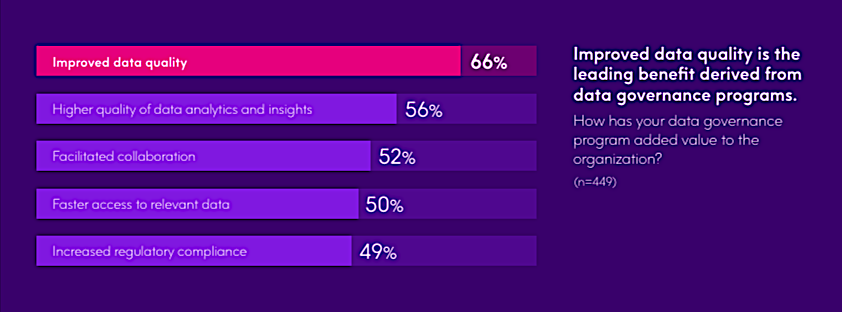
Key Features of Data Governance Tools
When selecting a data governance tool, it’s essential to focus on core features that ensure it manages your data efficiently while aligning with your broader data strategy and compliance needs. Key features to look for include:
-
- Data Discovery and Classification – Advanced tools scan and categorize data across varied IT systems. For example, a tool might use machine learning algorithms to recognize personally identifiable information (PII) and classify it as ‘highly sensitive’ to enforce stricter access controls.
- User Access Control – Look for access control features that can enforce strict permissions, with configurations based on user roles and data sensitivity. The tool should support regular user access reviews to ensure that permissions remain appropriate over time. These reviews help identify and revoke unnecessary or outdated access rights, reducing the risk of unauthorized data exposure.
- Audit Trail – With this feature, every data access and change is automatically logged, creating a detailed and searchable record for security audits. This transparency makes every transaction traceable, enhancing security and compliance.
- Data Quality Metrics – A good data governance tool should provide metrics to track data quality attributes like completeness, uniqueness, consistency, and timeliness. These insights help monitor and improve data management practices effectively.
Top 10 Data Governance Tools
Here’s a roundup of the best data governance tools on the market in 2024:
1. IBM Cloud Pak for Data
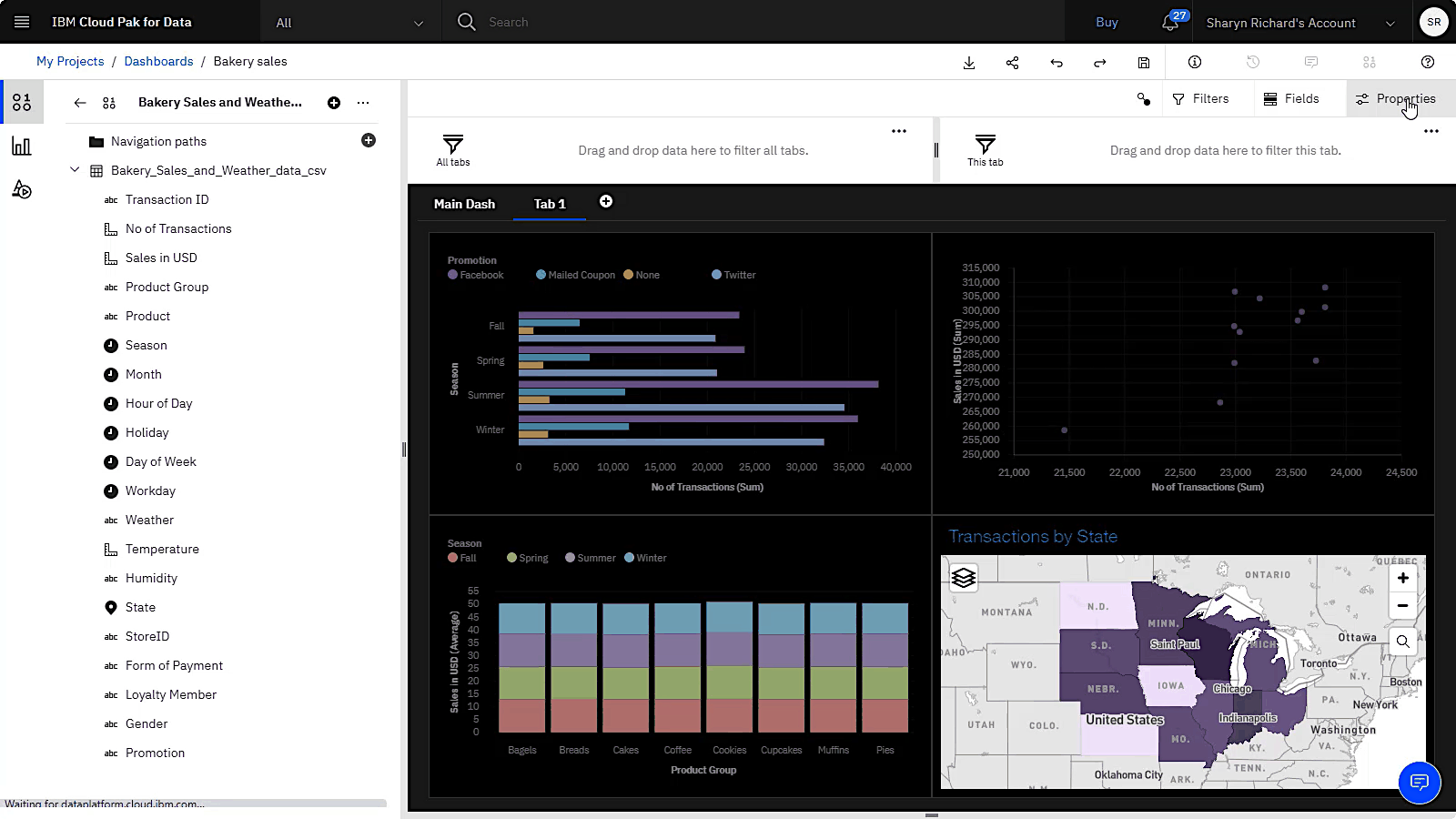
IBM Cloud Pak for Data is a comprehensive data management solution with deployment options as a self-hosted software on the Red Hat® OpenShift® container platform or a fully managed service on IBM Cloud®. Key features include the creation of a data fabric that connects siloed data across a hybrid cloud environment and built-in governance for data security and privacy.
Best for: Multi-cloud data management and integration
Review: “The platform supports the entire data and AI lifecycle, from data ingestion and preparation to model development and deployment.”
2. Memcyco
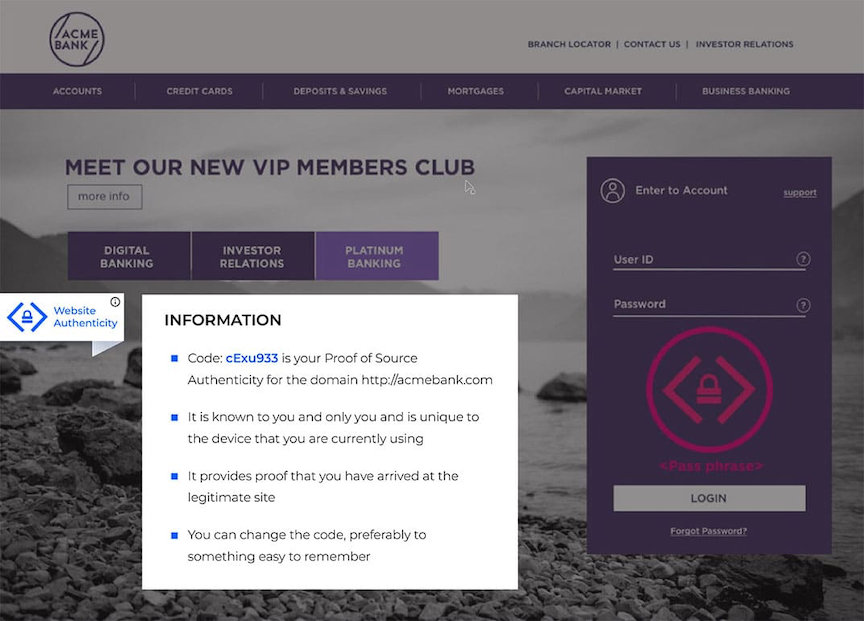
While not a traditional data governance tool, Memcyco excels in securing sensitive customer data (PII) by protecting against website impersonation attacks. This results in fewer financial losses for a company’s customers because they are not tricked into providing any personal data, which can be used to steal money from their bank or credit card accounts.
Memcyco’s ‘nano defender’ technology is embedded into a company’s authentic website, where it actively monitors for signs of website spoofing, including pre-attack fake website reconnaissance attempts, fake URL registration events, plus the moment fake sites go live, all in real-time.
In doing so, it equips businesses with previously unobtainable capabilities for finally going beyond traditional ‘scanning and takedown’ that continually treats the pain, rather than the cause. The solution provides businesses with previously impossible visibility of attack scope and magnitude, even revealing individual victim identities, while offering groundbreaking capabilities that trick fraudsters into locking themselves out of target websites and customer accounts.
Further, Memcyco protects against the use of stolen credentials long after takedown, closing ATO risk gaps other solutions leave open.
Additionally, Memcyco’s security measures support compliance with various data protection regulations, increasing security and accountability in handling sensitive information.
Best for: Businesses that manage significant amounts of customer data, particularly in the eCommerce, finance, and service sectors.
Review: “Memcyco’s already proved its worth and saved us much more than its price. We give it a ringing endorsement.”
3. Alation
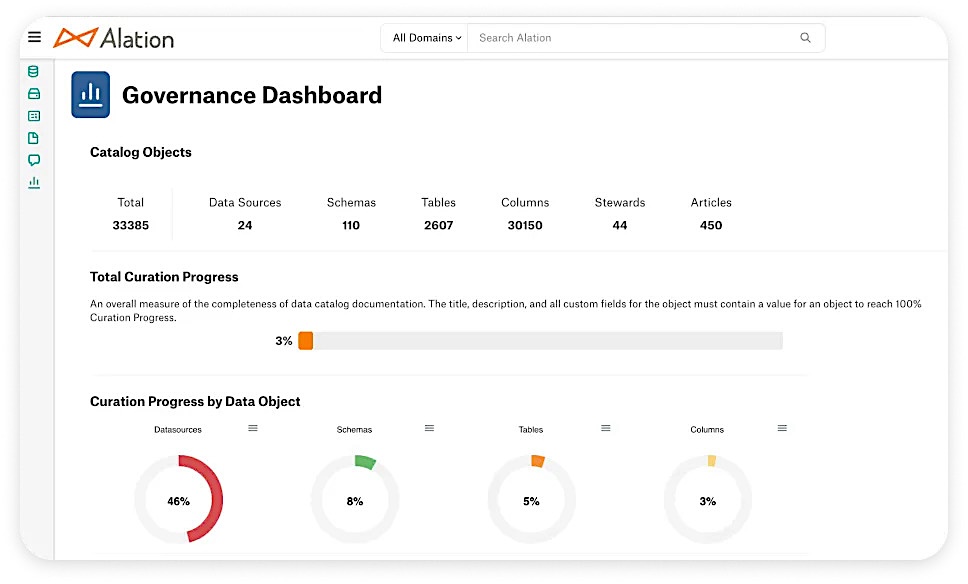
Alation provides a cloud-based platform that allows businesses to find, understand, and trust their data. It simplifies data governance with a data catalog that automatically indexes metadata. Alation helps foster collaboration with behavioral insights, search, and trust checks, while ensuring compliance through policy management and lineage tracking.
Best for: Automated data governance with easy-to-manage workflows.
Review: “Alation is extremely flexible and able to fit small to large organizations. They tread the perfect line between analytics and governance.”
4. Atlan
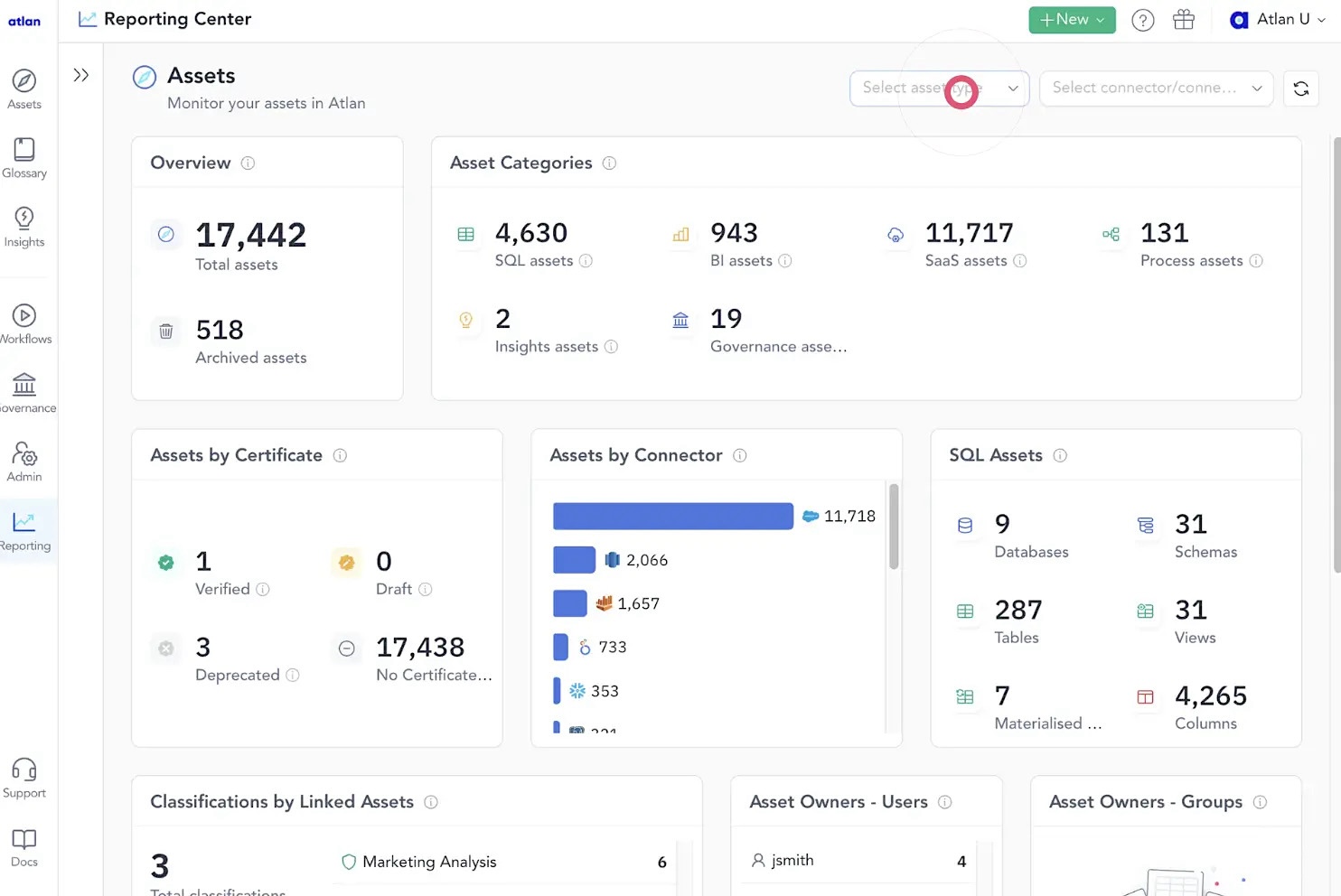
Atlan is more than just a data governance tool. It also offers data security features, including custom classifications, automated propagation, and masking and hashing policies. Atlan streamlines compliance and security management with the ability to run Playbooks that auto-identify sensitive data such as PII, HIPAA, and GDPR.
Best for: Data teams looking to manage security, compliance, and governance from a single platform.
Review: “Lineage tracking between data platforms and drill-down to column-level lineage aids in investigations.”
5. Collibra
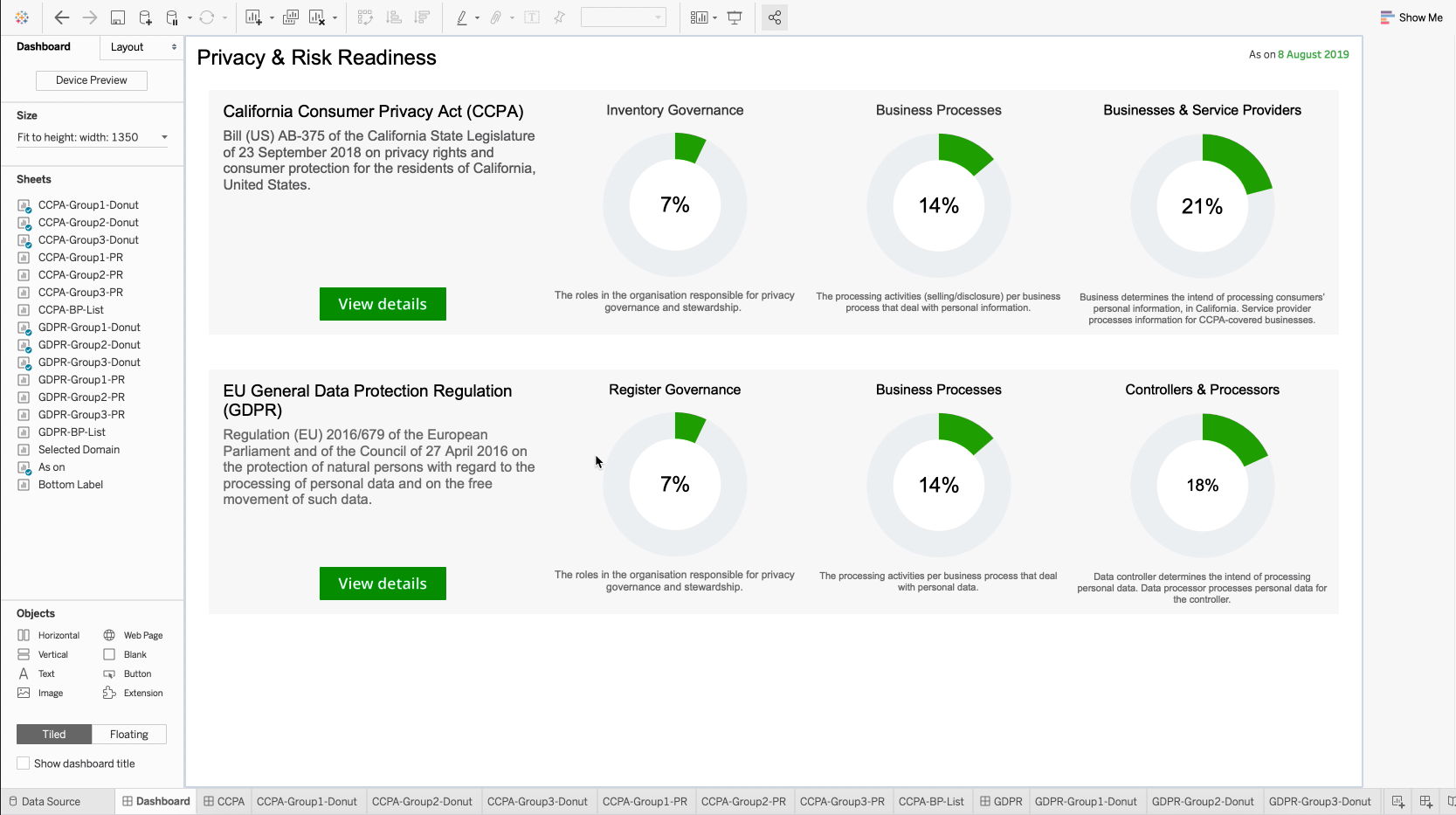
The Collibra Data Intelligence Platform offers a state-of-the-art data catalog for the automated discovery and classification of organizational data. It boasts advanced data governance features that facilitate a uniform understanding among teams and ensure regulatory compliance.
Best for: Handling complex data environments.
Review: “The best part is its flexibility and ease of writing custom integrations and workflows.”
6. Egnyte
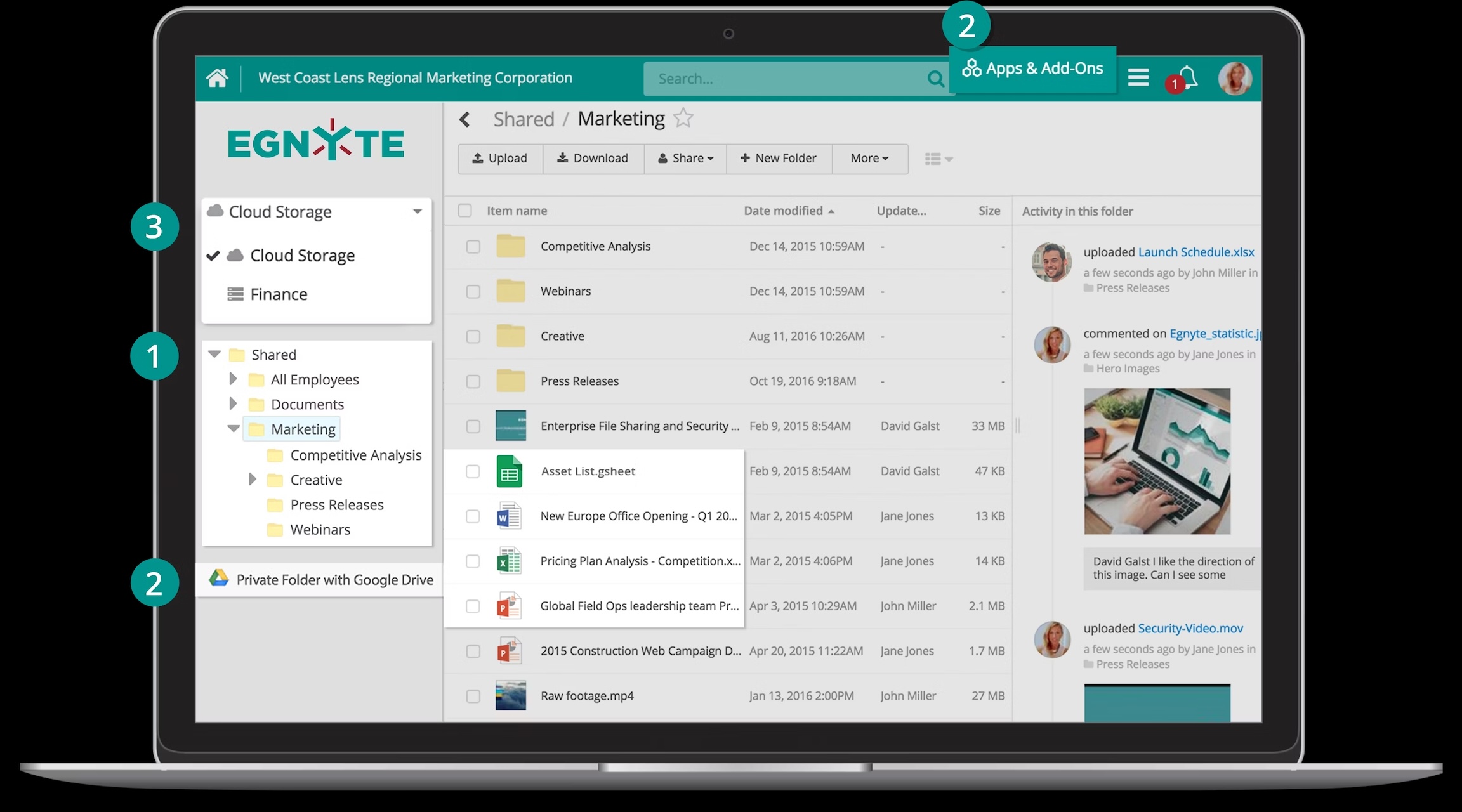
Egnyte is a robust content intelligence and management platform that integrates AI-driven capabilities for sensitive content classification, document collaboration, and compliance monitoring. Its AI-powered classification can detect and classify sensitive data across numerous document types and patterns, including financial and personal identifiers.
Best for: Using AI to assist with sensitive data management tasks.
Review: “The biggest benefit is file security; anytime you access a file, you must provide a password.”
7. Informatica
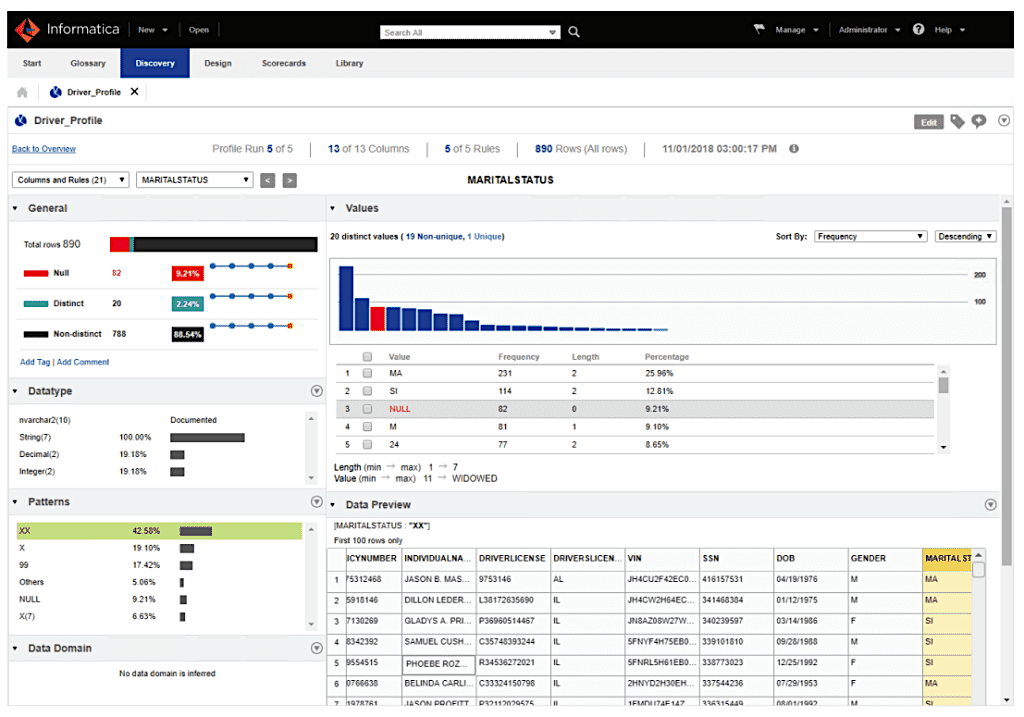
Informatica provides a comprehensive suite of data governance features, including a data catalog, data quality and observability tools, governance, access and privacy controls, and a data marketplace. Its CLAIRE AI engine uses intelligent metadata scanning to discover and understand your organization’s data.
Best for: Leveraging AI for data discovery and governance.
Review: “It has a good number of features to make your life easy.”
8. Erwin
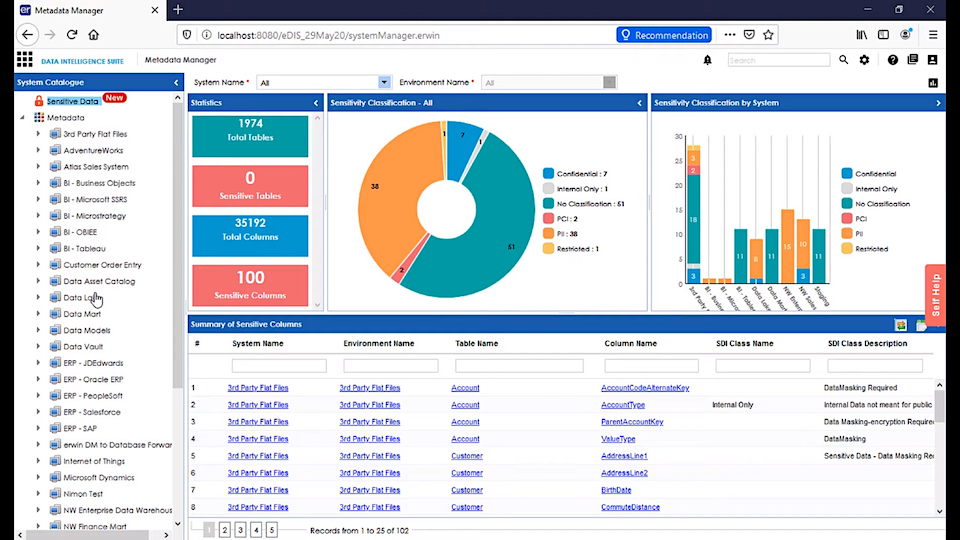
Erwin Data Intelligence by Quest offers comprehensive data governance solutions, including an extensive data catalog, data literacy initiatives, data quality assurance, and a data marketplace enhanced by automation capabilities. The software provides a customizable governance framework with out-of-the-box glossaries and templates.
Best for: Uniting teams around data governance.
Review: “Our business users are empowered and able to perform their analysis much faster.”
9. Ataccama ONE
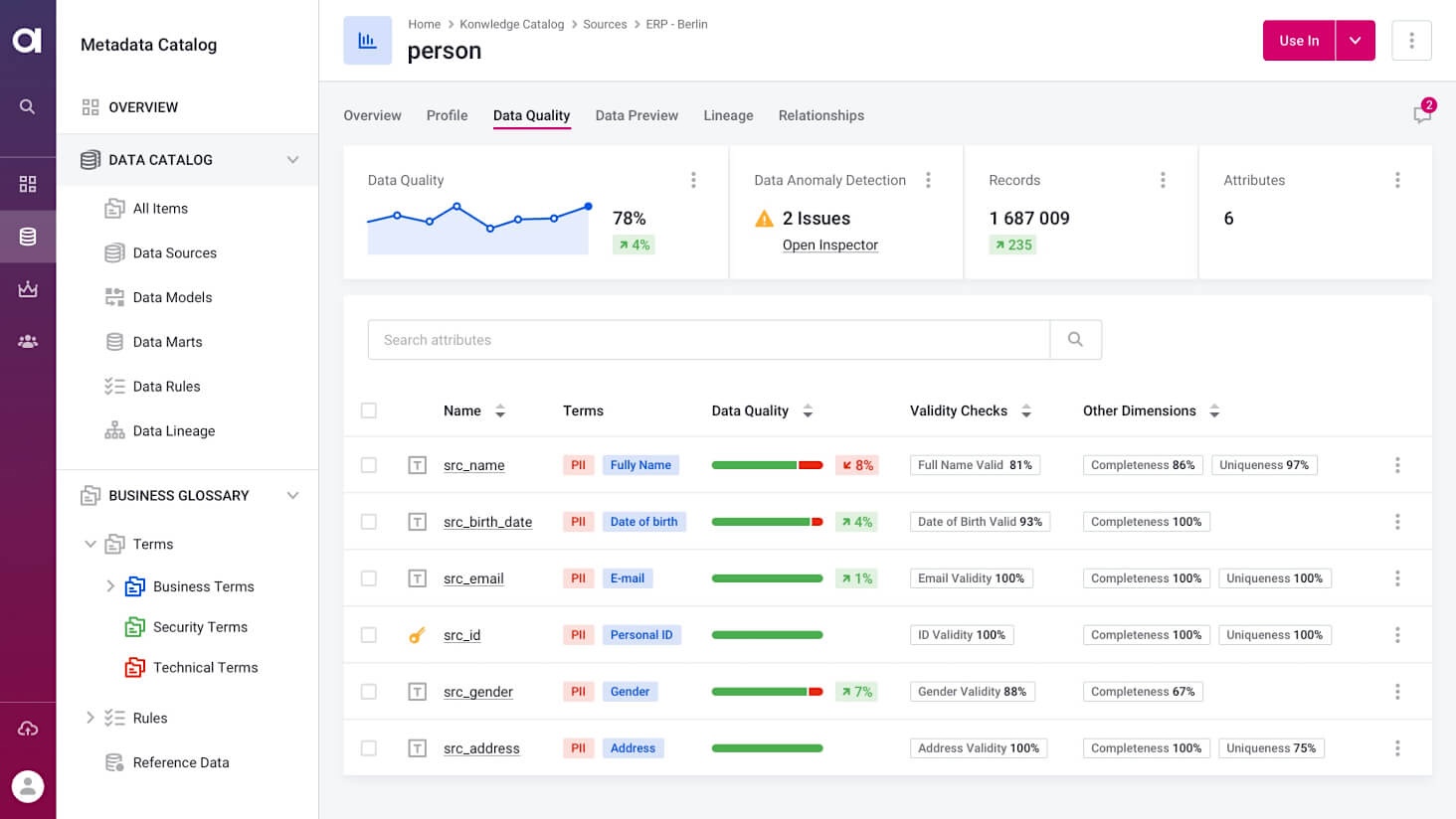
Ataccama ONE incorporates automated data discovery, which identifies data domains and sensitive information using pre-configured algorithms. It also applies bundled data quality rules to monitor and detect anomalies. Its collaborative data catalog enhances teamwork with functionalities like task management, commenting, and secure data sharing.
Best for: Enterprises prioritizing data quality and integrity
Review: “We can store and input any data from our processes and systems and expect the perfect output in terms of actionable information.”
10. SAP Master Data Governance
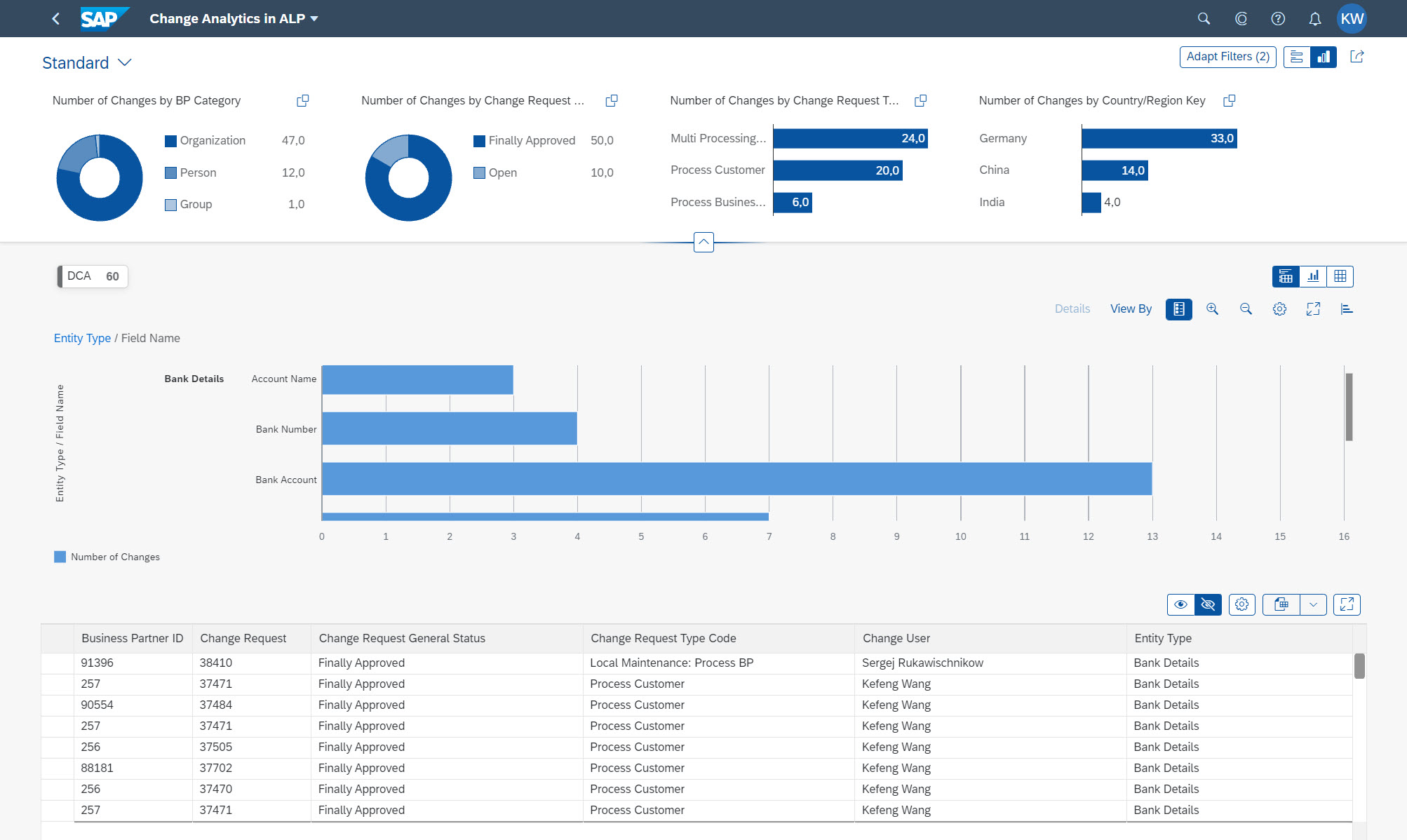
SAP Master Data Governance is a dynamic tool designed to help companies manage their master data. Built on the robust SAP Business Technology Platform, this application centralizes data and enhances decision-making by providing a unified and trusted view of business information.
Best for: Organizations with deployments across diverse environments, including on-premise, private, and public cloud.
Review: “We can centralize and combine master data from several sources using SAP MDG, creating a single source of truth and getting rid of data inconsistencies.”
Strengthening Data Governance: How Memcyco’s Advanced Solutions Help Secure Your Business
The top ten data governance tools for 2024 offer a range of functionalities to enhance regulatory compliance, improve data quality, and strengthen cybersecurity. Each tool addresses specific aspects of data management, ensuring that businesses can maintain control over their data assets and utilize them effectively.
Memcyco complements these data governance tools by safeguarding organizations from malicious spoofed websites. The solution protects sensitive customer data and strengthens an organization’s overall data security posture. By mitigating the risk of website spoofing breaches, Memcyco contributes to a company’s data governance efforts—a critical component in ensuring data integrity, security, and compliance.
To discover how Memcyco protects your organization from the dangers of phishing-related digital impersonation attacks, schedule a demo today.
